BY WAYNE ELDERTON
PLAYER MOTIVATION:
NEW ‘TWO-PRONGED’ SERIES
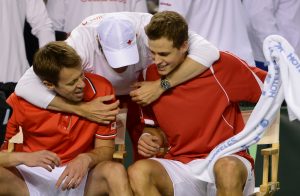
We are currently running two series at the same time.
- The first is through this eNewsletter and will be exploring the role of player motivation in coaching.
- The second series will feature a link each month to an article from the series called: ‘Coaching Feedback’. What, when, and how a coach delivers feedback can make or break the effectiveness of players learning.
PLAYER MOTIVATION:
In this series, we explore the concept that the motivation level of your players is actually the most important foundation for their development. The majority of coaches are all about delivering skills often to the exclusion of dealing with the critical motivation issues. Many coaches fail to realize the progression of motivation is every bit as important as the progression of skills.
The goal is to avoid the potential mismatch between a players’ motivation level and the skill level of the program they are in. Higher level skill programs need more motivation since more commitment and work is required. A mismatch increases the potential for players to drop out.
The solution is to start to profile your players as to where they are on what is called the ‘Passion Continuum’. For our program, we have tweaked it a bit to have the following levels:
- Interested in tennis (they are fine to try it)
- Likes tennis
- Committed to tennis
- Passionate about tennis
There are two essential strategies to include in all the levels that will pave the way for players increasing their motivational levels:
- ‘Meet players where they are and journey with them to higher motivational levels.’
- Create an overall environment that provides a quality experience
The coach needs to be very cognizant of the quality of the experience the player receives in training sessions. Overly technical instruction with line feeding is a recipe for disaster. A coach with the attitude, ‘They have to learn ‘properly’ before they can play’ really doesn’t have a good grasp of the bigger picture.
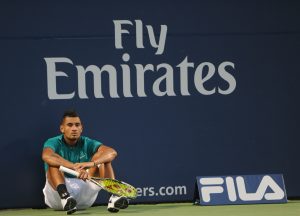
However, poor technical instruction is not an option either. Having fun and effective instruction are not mutually exclusive. Remember, getting better at an activity contributes to it being fun.
Tennis Canada has developed the ‘Quality Standards for Kids Tennis’. These are a formula of coaching behaviours and organization that ensure sessions are fun:
- A Caring Coach (Professional, respectful, organized and believes in the players)
- Appropriate Challenge (Activities shouldn’t be too easy or too difficult)
- Improvement (Gaining competence stimulates motivation)
- Active Participation (No waiting in lines, sitting off, standing around listening to instructions, etc.)
- Making Friends (The stronger the relational connections, the higher the motivation to participate)
Implementing these principles will help players move along every level of the passion Continuum regardless of what stage they are in.
COACHING FEEDBACK SERIES: PART 3: OUTCOME VS PROCESS FEEDBACK
Coaching feedback is a ‘power tool’ required by coaches. Therefore, coaches need to be masters at the art and science of feedback.
This article looks at ‘Outcome’ versus ‘Process’ feedback and how they are used.
Next issue: More Passion Continuum discussion and article #4 in the new Coaching Feedback series. Stay tuned!
Try this while you coach tennis this week and keep moving along in the journey to 21st Century coaching.
Read Part 1 Helping You Coach – New ‘Two Pronged’ Series
Read Part 2 Helping You Coach – Motivation Feedback
By Wayne Elderton, visit ACE COACH

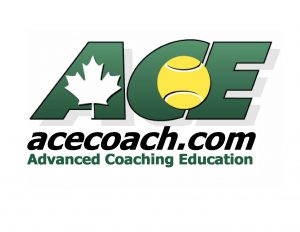
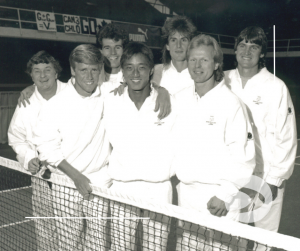
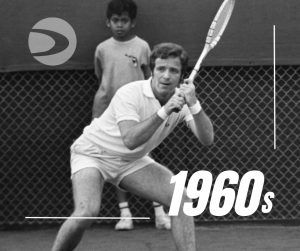
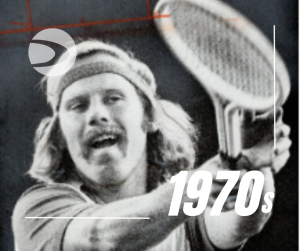
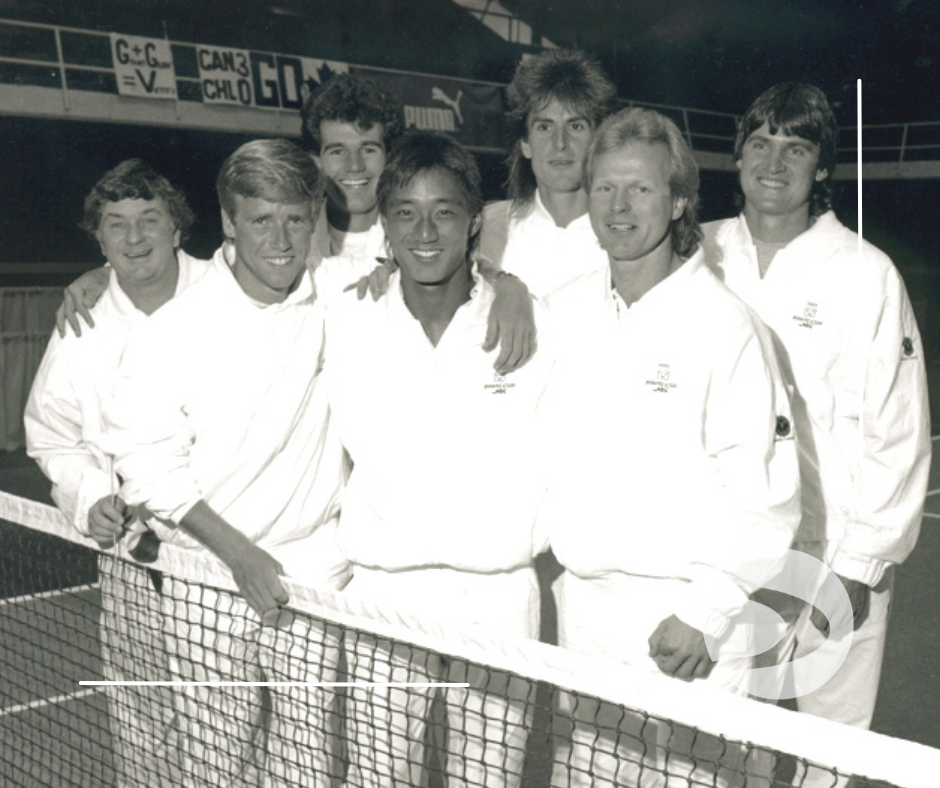
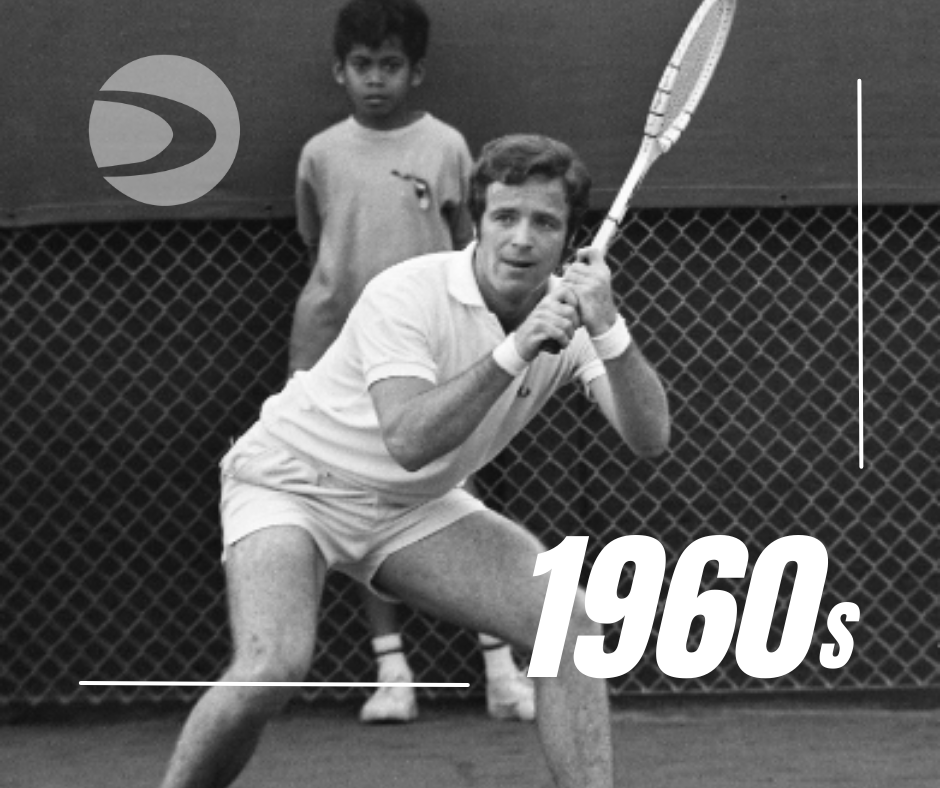
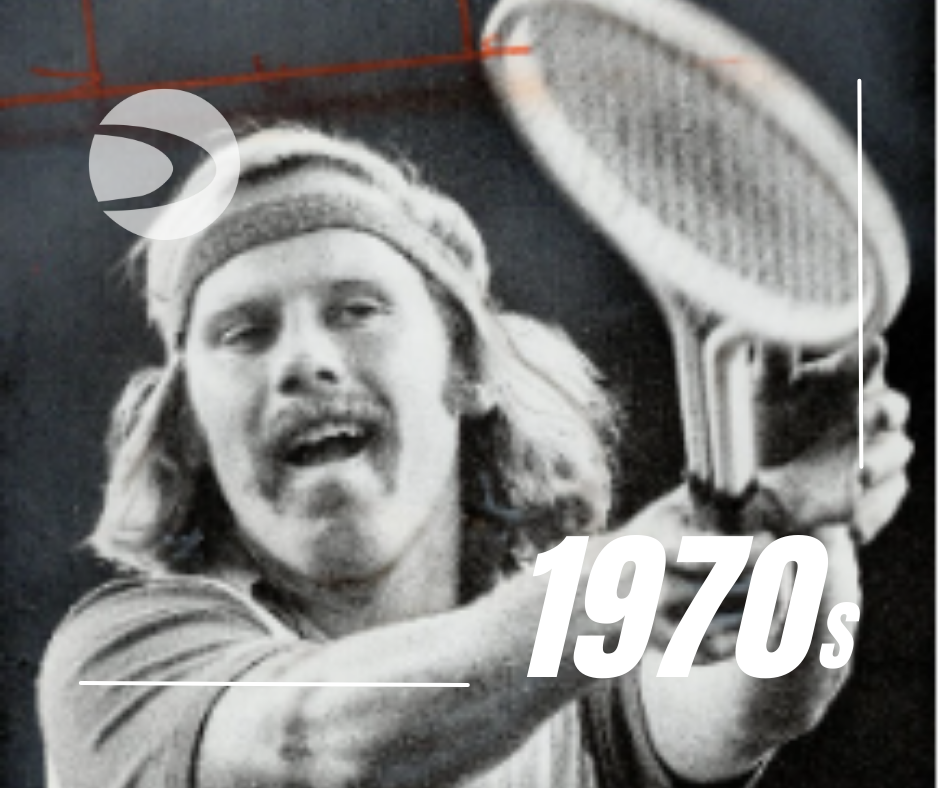
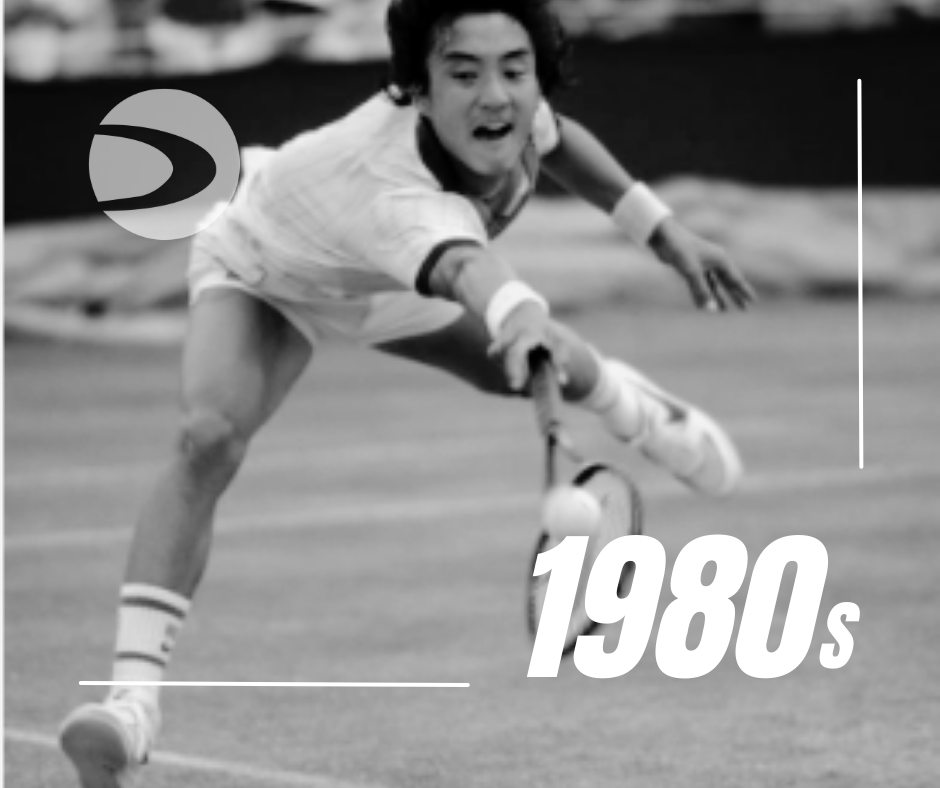
4 Responses